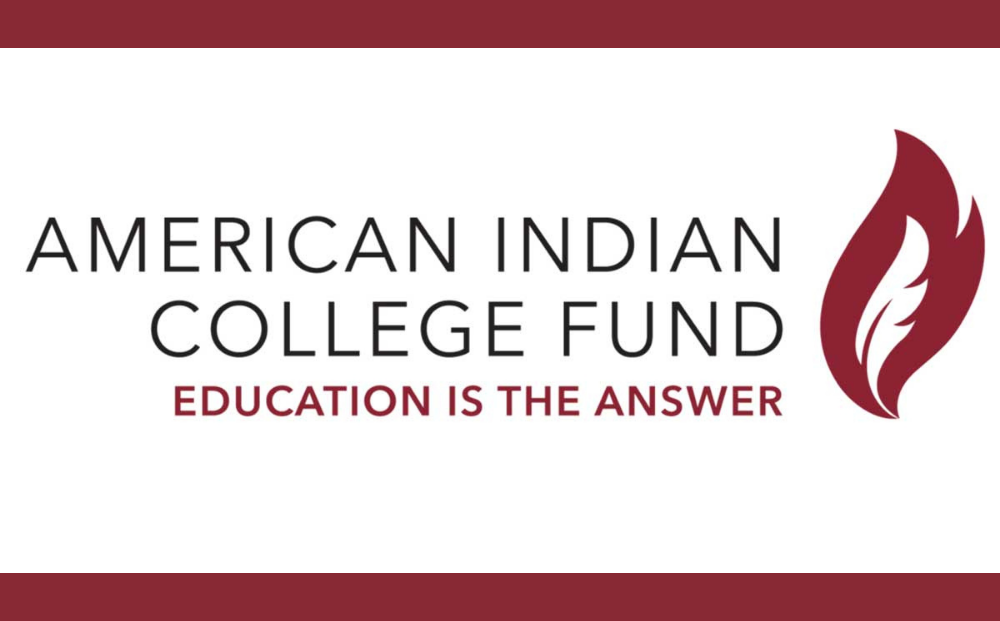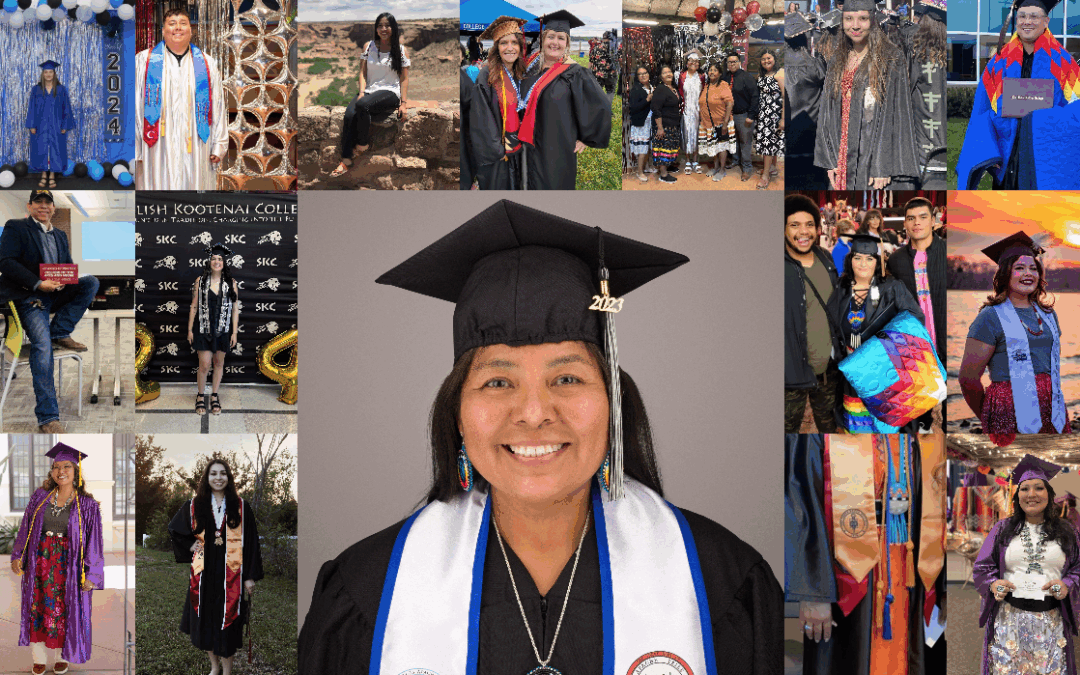Policy and Education Experts to Speak on Native Family Engagement in Early Childhood Education
March 8, 2015
Albuquerque, New Mexico—William (Bill) Mendoza, Executive Director of the White House Initiative on American Indian and Alaska Native Education, Oglala-Sicangu Lakota, and a professional educator with experience as a teacher and a principal, is speaking at the American Indian College Fund’s convening on Native Family Engagement as part of The Ké’ Early Childhood Initiative (Ké’ ECE Initiative) in Albuquerque, New Mexico, being held March 9-10.
The Ké’ ECE Initiative (https://collegefund.org/content/ke-early-childhood-initiative) is convening more than 45 representatives from four tribal colleges and partner programs in a closed session to develop statements to inform policy on Native early childhood education and family engagement. The American Indian College Fund’s (College Fund’s) ECE Initiatives seek to strengthen the role of Native families in early learning opportunities, building culturally-responsive programming with families and tribal partners.
The Ké’ Early Childhood Initiative supports tribal college grantees and their tribal and community partners to help them deepen their engagement with Native families in their children’s education, starting from birth to age eight. This program is the second early childhood education initiative the W. K. Kellogg Foundation has funded with the American Indian College Fund in five years.
The convening will feature other nationally recognized speakers with expertise in Indian education and policy, including:
- Jeremy Garcia, Assistant Professor of Indigenous Education in the Department of Teaching, Learning, and Sociocultural Studies at the University of Arizona and a member of the Hopi/Tewa Tribes of Arizona.
- Iris PrettyPaint, Ph.D., M.S.W, an educator and researcher who is a leading authority on cultural resilience, student retention, and indigenous evaluation with American Indian and Alaska Native communities. Dr. PrettyPaint is Vice President for Indigenous Knowledge Transfer at KAI.
- Malia Villegas, Ed.D., Director of the National Congress of American Indians Policy Research Center (ncai.org/prc), where she is the Principal Investigator of an National Institute of Health-sponsored Native American Research Center for Health project examining the use and dissemination of community-based participatory research practices in Indigenous and minority communities. Dr. Villegas is an enrolled member of the Native Village of Afognak in Alaska, where she serves on the Tribal Council.
Follow the live Tweet from Alburqueque at https://twitter.com/Wakanyeja_ECE










